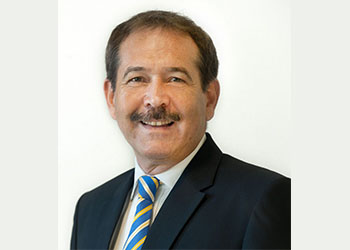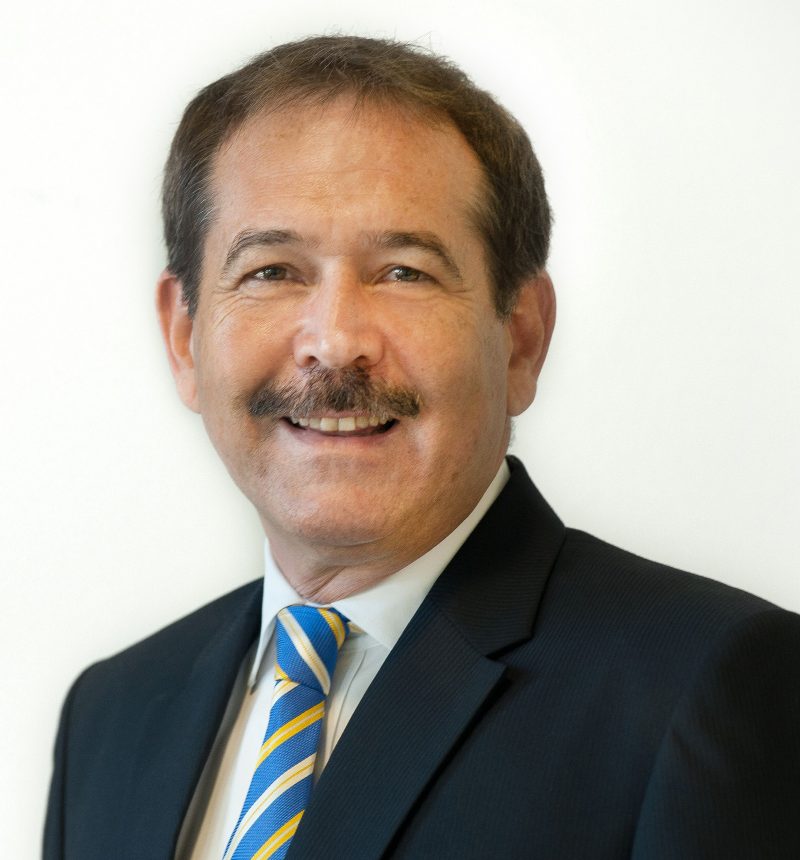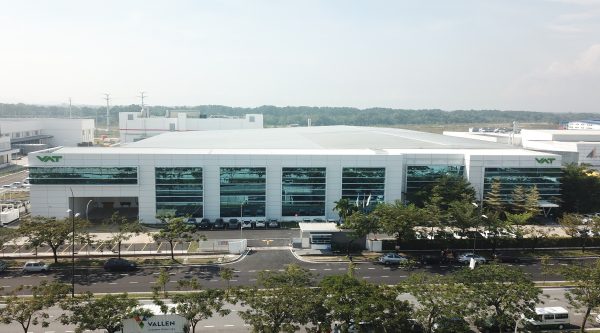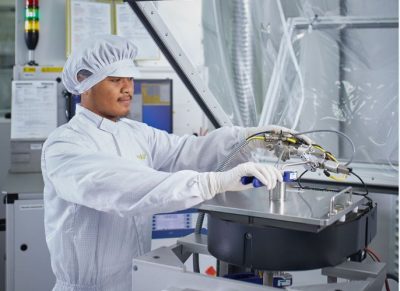
This site
is mobile
responsive

Bernd Kirchhoefer, General Manager, VAT Group AG
Malaysia, Key to VAT’s Flexible Global Footprint
VAT began work on its Malaysia facility in Penang in 2013 as part of its long-term strategy to move closer to its customers, improve access to its largest market, globalise its business model and give the company more flexibility in its production capacity, cost structure and supply chain. When the project was officially completed, and the plant made fully operational in July 2018, the company could point to one of its biggest successes.
The Swiss-based company is the world’s leading supplier of high-performance vacuum valves, mission-critical components that allow the creation of ultra-pure processing environments needed to manufacture high-end semiconductors, flat panel digital displays and solar panels. They are also used in a variety of other high-precision industrial processes, such as the manufacture of medical equipment, as well as in advanced scientific research, especially in particle accelerators.
In 2013, the company’s main manufacturing site was at its head office in Haag, Switzerland, along with a component manufacturing facility in Romania, and sales and service locations in many other countries. However, most of the company’s main customers by this time were in Asia and VAT decided to undertake a major expansion in the region to meet the rapidly changing needs of these customers.

“We emphasise deep working relationships with our customers,” says Bernd Kirchhoefer, VAT’s General Manager in Malaysia. “We typically work with them over many years to develop the exact technology innovations they need. This has been key to building VAT’s clear Number One global market share.”
The search for an Asian hub was extremely comprehensive and covered China, Japan, South Korea, Singapore, Taiwan, Thailand and Vietnam. The final choice fell on Malaysia, particularly Penang Batu Kawan. Penang’s winning competitive advantages were the availability of highly skilled and motivated people, strong local suppliers for mechanical parts and electronic components, an efficient logistics infrastructure and attractive cost level.
“The support from MIDA and other official agencies in Malaysia since the very beginning of the project has also been exemplary,” Kirchhoefer says. “We set ambitious deadlines for completing the 17,000-square-meter facility, and it represented a significant portion of our company’s total capital expenditures in the past several years, so MIDA’s support gave us additional confidence that we could get it done on time.” As of 2018, VAT had invested more than CHF 40 million (MYR 165 million) in the Penang facility, with further investments to come.

The plant currently employs about 260 people and, with demand driven by long-term trends like global digitalisation, the company expects employment could grow to as many as 800 people by the end of 2020. VAT is steadily broadening the scope of products manufactured in Penang, qualifying them with customers in the region and expanding its service and engineering offerings.
That includes VAT Malaysia’s key role as a regional centre for spare parts, valve retrofits and equipment upgrades. The company expects its Malaysia plant to account for some 30% of total global production output.
“Our expansion at Penang has been a real success,” says Kirchhoefer. “Malaysia has become our major base for serving our most rapidly growing market with our latest technology innovations and fast local service. We are convinced this was the right choice and we look forward to continued long-term success.”
